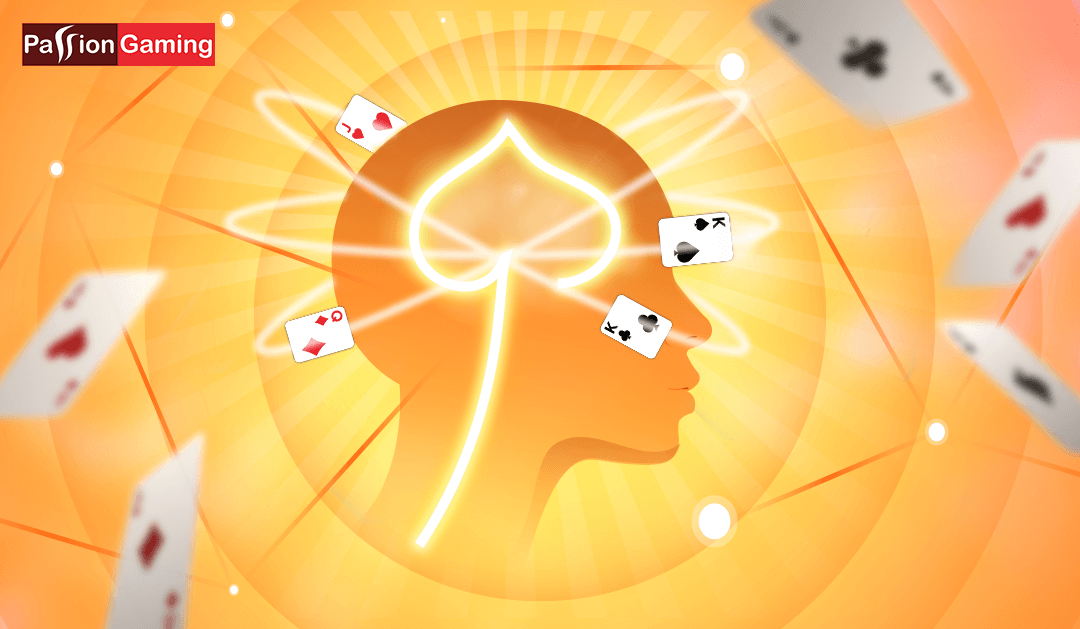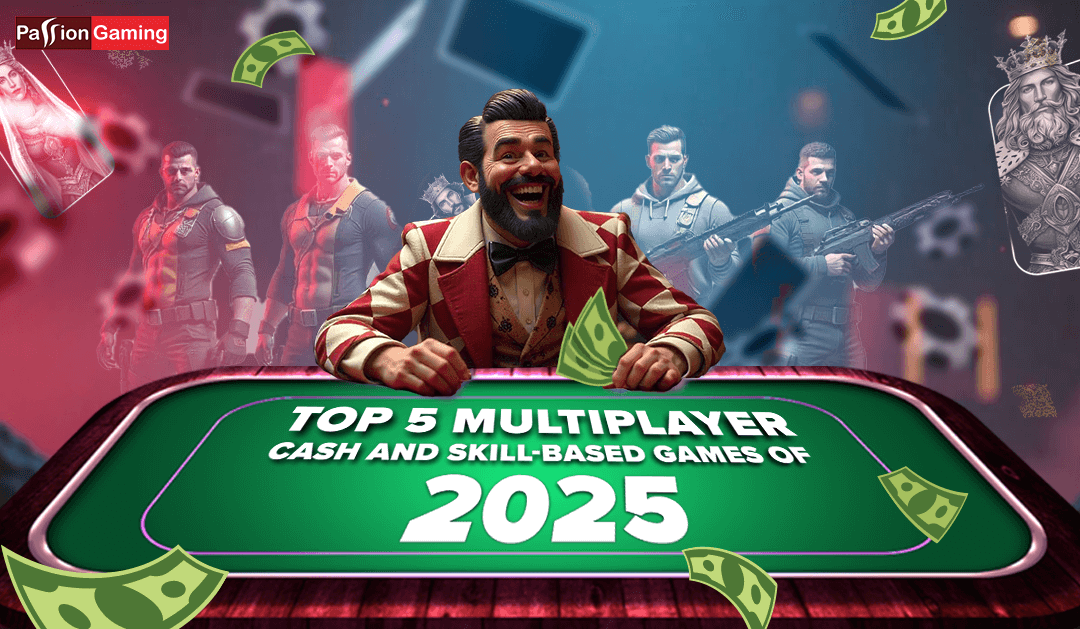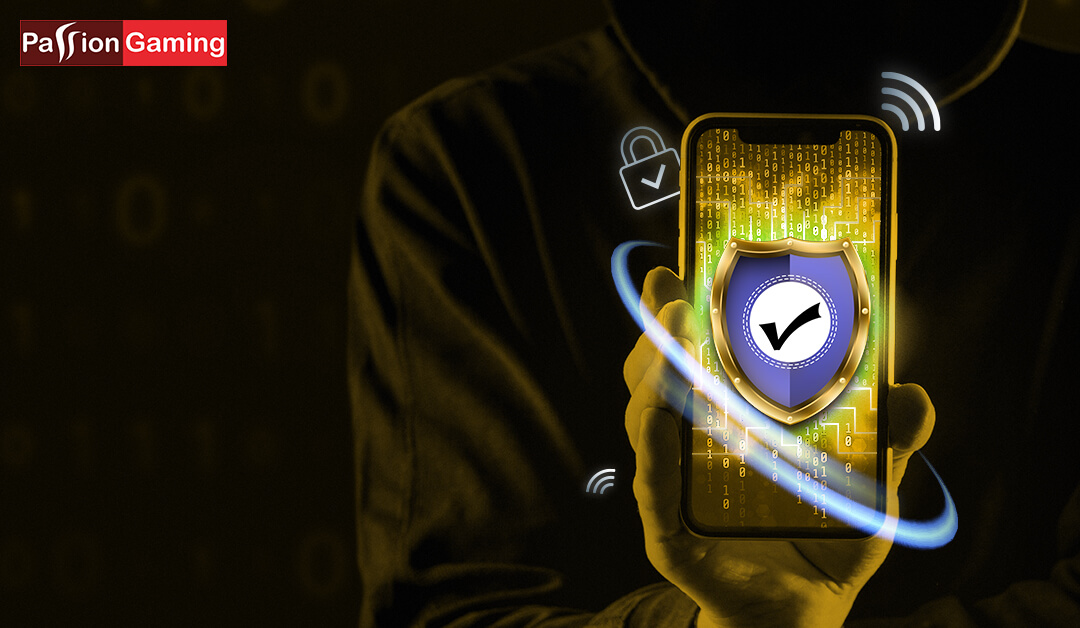The world of gaming has witnessed remarkable evolution over the years, and one aspect that has garnered immense popularity is skill-based gaming. Whether engaging in competitive esports or casual online challenges, skill-based gaming requires players to employ various techniques, strategies, and reflexes to outperform their opponents. Beyond mere finger agility and hand-eye coordination, the mind plays a pivotal role in determining a player’s performance.
Gone are the days when games were merely a source of entertainment; they have now evolved into platforms that challenge the human spirit and test the limits of human potential. Skill-based gaming has emerged as a dominant force that enthrals players of all ages and backgrounds. Not just this, but skill-based gaming has evolved into a complex dance of dexterity, wit, and adaptability, from navigating virtual worlds to outwitting adversaries on the virtual battlefield.
In this blog, we will delve into the fascinating realm of the psychology of skill-based gaming, exploring how the human mind influences gameplay, decision-making, and triumph.
1. The Impact of Cognitive Skills on Gameplay
Skill-based gaming relies heavily on cognitive abilities such as memory, attention, and problem-solving. A strong memory helps players remember their opponents’ patterns and strategies, while attentional focus allows them to react quickly to dynamic in-game events. Furthermore, effective problem-solving abilities are necessary for developing winning strategies on the fly, adapting to opponents, and overcoming obstacles.
In various studies, cognitive training has shown significant improvement in gaming performance. Memory, concentration, and analytical skills can all be improved with brain exercises and puzzles, which can lead to better gaming results. Regular cognitive training can also improve players’ ability to learn and adapt to new games more quickly, giving them a competitive advantage in the ever-changing world of gaming.
2. The Flow State of the Mind in Games
One of the primary psychological phenomena that gamers often experience is the flow state. The flow state refers to the state of total immersion and focuses on an activity where time seems to fly and the player is completely absorbed in the game. Achieving the flow state is crucial for optimal performance in skill-based gaming, as it enhances concentration, motivation, and overall gameplay enjoyment.
Players often enter the flow state when they are fully challenged but not overwhelmed by the game’s difficulty level. This delicate balance keeps their minds engaged and stimulated, leading to better decision-making and faster reaction times. However, achieving this state requires players to avoid distractions, set clear goals, and maintain a positive mindset to conquer challenges effectively.
3. The Psychology of Decision-Making
Skill-based gaming often involves making split-second decisions, each carrying the potential for high risk or substantial rewards. The psychology of decision-making plays a crucial role in determining a player’s success in these scenarios. Players who can effectively assess risk, evaluate potential gains, and make informed decisions are more likely to outperform their opponents.
Gamers who are prone to impulsive decision-making or are overly risk-averse might struggle to optimize their gameplay. Striking the right balance between aggression and caution is essential for achieving sustained success in skill-based gaming. Understanding the psychology behind decision-making can help players refine their strategies, become more adaptable, and ultimately improve their in-game performance.
4. Emotion Regulation: Staying Cool under Pressure
Skill-based gaming can elicit strong emotions ranging from elation after a successful run to frustration after a string of defeats. Emotion regulation is an important aspect of gaming psychology because players who can manage their emotions effectively can maintain focus, make better decisions, and perform more consistently.
Practicing emotional resilience involves acknowledging and accepting emotions without allowing them to interfere with gameplay. Techniques like deep breathing, visualization, and positive self-talk can help players stay calm under pressure and bounce back from setbacks with renewed determination. Moreover, emotional intelligence enables players to understand their opponents’ emotional states, providing opportunities to exploit their weaknesses.
5. The Role of Personality in Gaming
Each player brings their own personality traits to the game, which can have a significant impact on their performance. For instance, extroverted players might excel in team-based games as they are more likely to communicate effectively and coordinate with teammates. On the other hand, introverted players might thrive in solo games such as Rummy, leveraging their ability to concentrate and strategise independently.
Furthermore, players’ levels of competitiveness, motivation, and risk tolerance can be influenced by their personality traits. Understanding how personality traits interact with gaming preferences can assist players in selecting games that align with their strengths and foster the overall gaming experience.
Conclusion
All in all, skill-based gaming is an enthralling realm in which the human mind takes centre stage. Rummy is one such skill-based game that has a significant impact on a player’s performance, from achieving the elusive flow state to honing cognitive abilities and mastering decision-making abilities. Platforms such as Rummy Passion help the player elevate their gameplay, maximize their potential, and truly enjoy the art and science of skill-based gaming by understanding and harnessing the power of the mind. So, next time you pick up your controller or sit at your gaming rig, remember that your mind is your most important weapon on the digital battlefield.





